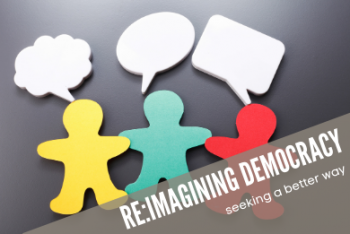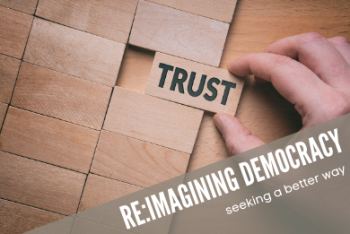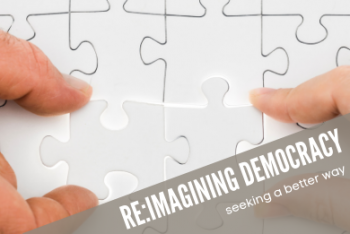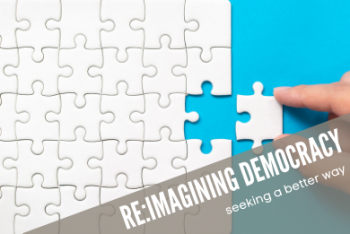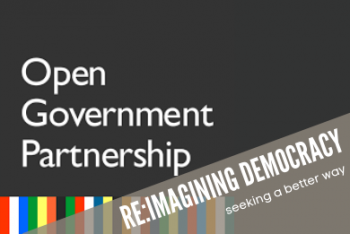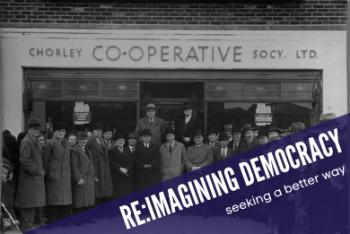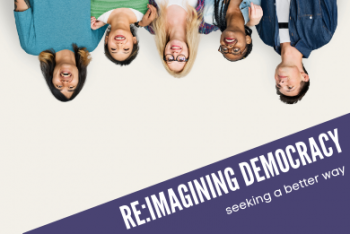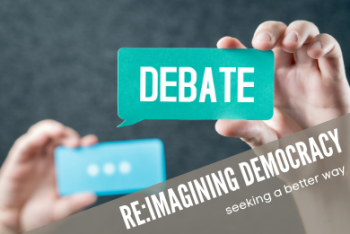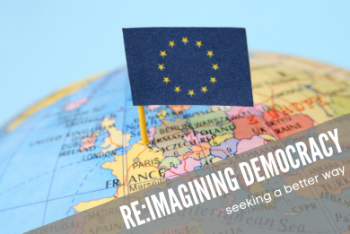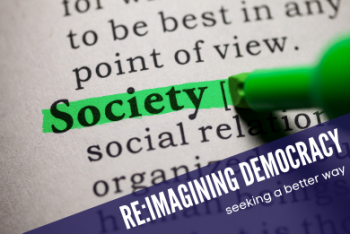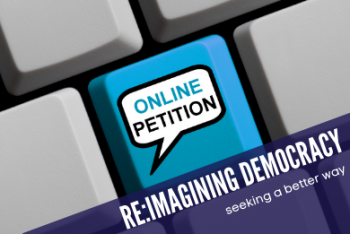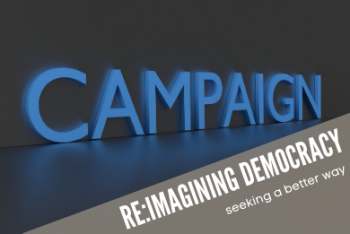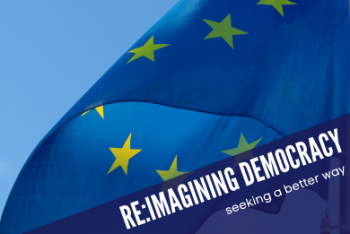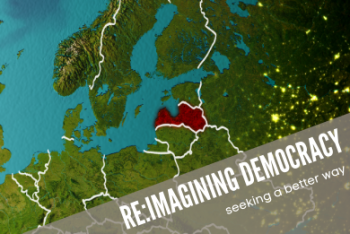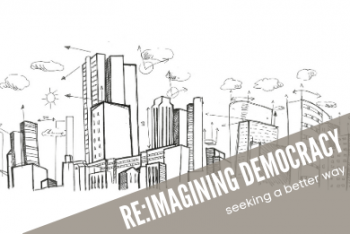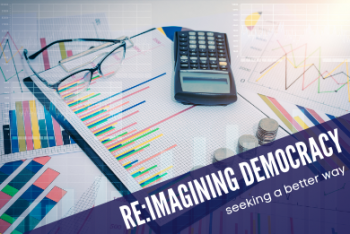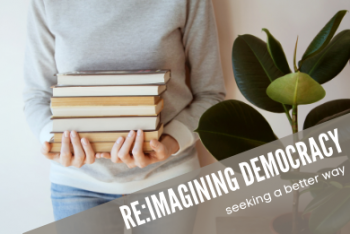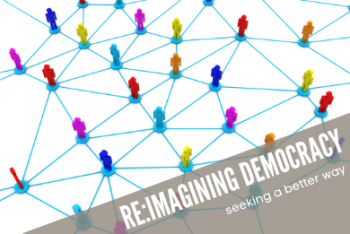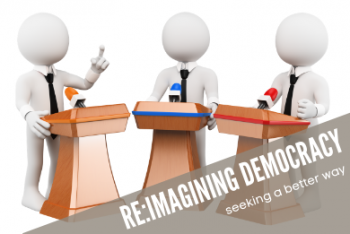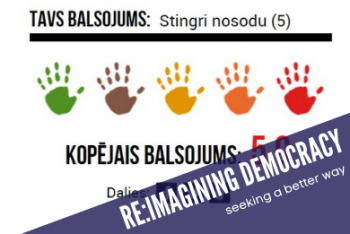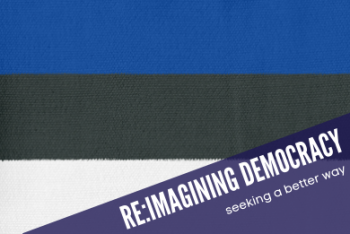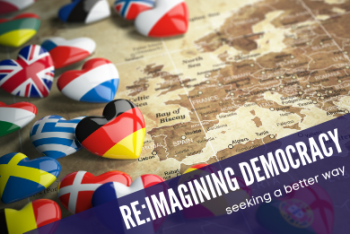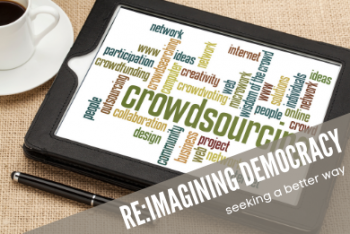What are the best online platforms hosting citizen engagement success stories?
Let’s compare the four main ones:
1. CitizENGAGE
2. Participedia
3. Innovation in Public
4. Citizens Lab
Quick summary of the main conclusions:
If a citizen or an organization wants to share their own success story, CitizENGAGE provides the easiest way to do so. The drawback: only some select cases are shown on the main page, and it is not likely that every submission gets published.
From the perspective of someone doing research in participatory democracy, Participedia – collecting information on 836 different cases – is the best resource for citizen engagement best practices, some of the older entries going back to 2011. Similarly, if the intention of a citizen or an organization goes beyond just sharing the story, Participedia is the best option – one can describe each case very thoroughly. Nevertheless, the number of cases mages navigating the database difficult.
CitizENGAGE
CitizENGAGE is a platform developed by the Open Government Partnership. It hosts best practice stories from OGP member countries, along with news feeds, videos and photo essays.
An average of 60 success stories are divided between the following regions: Africa, Americas, Asia Pacific, and Europe. Main topics incorporated in the site are, besides citizen participation, anti-corruption, civic space, education, gender, health, marginalized communities, and natural resources.
Submitting an impact story appears to be fairly simple: via email, Facebook post, or Twitter. There is no information regarding what percentage of those submissions are published in the main site.
Clear selection options provide an easy navigation and exploration of the database. Precise selection criteria allow to search by region or topic. Most of cases only provide a brief contextualization of the situation or problem, and how open government or citizen engagement managed to deliver a solution. Some examples provide links to sites with concrete data about the project (methodology, statistics, number of people involved, duration, among others). This additional information can be offered by OGP, by the ones responsible of leading the project, or by a third party (media).
Participedia
Participedia functions as a depository of examples of participatory democracy in different regions of the world. Mainly supported by international universities, it is also backed by research councils and NGOs.
This site includes 836 cases, dating back to 2011. Given the numerous amount of case examples available in Participedia, it is difficult to identify a single main topic. However, database is divided in two categories:
General Issues (Urban Planning, Community Development, Budgeting, Political Institutions, Environment, Economic Development, Health, Education and Schools, Human Rights, Identity and Diversity, Poverty Reduction, etc.)
Specific Topics: (Municipal Participatory Budget and Planning, Civic Education, Sustainable Development, Government Decentralization, Democratic Innovation, and Urban Redevelopment, etc.)
In order to submit a new case (or add or edit them), or to participate in post discussions, one needs to create and account and be a registered member of the site. While it can feel saturated, and scrolling through 836 cases might seem overwhelming, a keyword search allows for specific case identification. Similarly, searches can be defined by content language, country, geographical scope, completeness of the project, type of organization, source of funding, targeted audience, among others.
Participedia has a thorough template for each case submission, which includes: Summary, Problems and purpose, History (context), Originating Entities and Funding, Participant Recruitment and Selection, Methods and Tools Used, Deliberation, Decisions, and Public Interaction, Influence, Outcomes, and Effects, Analysis and Criticism, Secondary Sources, External Links, and Notes. While some examples fill out every category, providing extensive information about the case, it is not compulsory to do so. Some examples only provide minimum information about their projects. An example of a thoroughly detailed case can be found here.
Innovation in politics
Innovation in politics functions as a non-partisan consulting agency for politicians and political institutions. Apart from their services, they also provide a space for submission of projects and compete for the “Innovation in Politics” award (for “groundbreaking and innovative political projects”). The winners are selected by a jury of hundreds of volunteer jurors from Innovation in politics member countries.
While it is not its main objective, Innovation for Politics does have a catalogue of 80 past submissions, divided between 8 categories: Civilization, Democracy, Human rights, Community, Ecology, Prosperity, Jobs, and Quality of life. Topics are varied: digital literacy in schools, usage of a centralized, local currency (the “Bristol pound”), organization of Citizen Cafes (roundtables), refugee integration programs, “Towards zero waste” plans, and video sign-language translation, among others.
The submissions made to this site are not presented as a database, but they are eligible to the “Innovation in Politics.” Submissions are exclusive: the “project owner” must be an individual or political body with a position or political mandate. There is also a template for submissions: it must include a title, a short description, and must fall within one of the following categories:
-
-
- Civilization (arts, education, science and European society)
- Ecology (agriculture, environmental protection, energy)
- Democracy (participation, transparency, self-determination)
- Human rights (women’s affairs, equality, minority rights)
- Prosperity (business environment, technology, finance)
- Jobs (labor market)
- Quality of Life (health care, social security, housing, mobility)
- Community (empowerment, civic involvement)
-
Also, information about participation, trust-building, and sustainability must be included. Additional information about the project can be added.
The site mostly focuses on presenting the organization and describing the services they provide. The database is not accessible as a whole, and only after finding past project submissions, they can be identified by categories.
Some cases include an introduction, a short video with an introduction, official web site link, pictures, and a downloadable PDF information leaflet in the project’s language. While some cases only provide a summary, it is worth noticing that Innovation in Politics stipulates that votes for choosing winning projects will be made based on available information.
Citizens Lab
This organization is a European network that links multidisciplinary professionals and activists that created workshops and projects that emphasize citizen engagement and “new approaches on decision-making.” Those workshops, or labs, are “experimental spaces” where prototype approaches are tested on a local level, and if successful, will be extended via Citizens Lab’s network.[1]
Citizens Lab has 23 success stories and initiatives, along with detailed results of member’s network meetings. Principal topics are Urban transformation, Network creation, Community engagement, Democracy, Education, Inclusion, Culture and Arts. Some concrete examples include: transformation of derelict areas into shared public spaces, conferences and meetups to promote similarities between the UK and Hungary (aimed at reducing prejudice), translocal promotion of participatory budgeting, and effective dialogue workshops that seek to “harness collective wisdom and self-organizing capacity of groups.”[2]
Citizens Lab allocates a section of the site to share success stories. But the link appears to be broken (September 2018). No further information is provided about sharing stories via email or social media. Visually, this website is very well done. Navigation-wise, the actual cases are easy to find, and can be filtered by the main topics described above.
Each case description contains a very detailed, experience-based narrative. Some of the methodologies are mentioned but casually, as part of the whole description. There is not a unified template for initiative description. While the free-form description is refreshing, it also complicates finding precise information (method, funding, intended audience, objectives, outcomes, etc.), about the case being shared.
[1] Retrieved from: https://www.citizenslab.eu/labs/
[2] Retrieved from: http://www.artofhosting.org/what-is-aoh/
Written by Luis Roberto Vera,
intern at the Centre for Public Policy PROVIDUS
